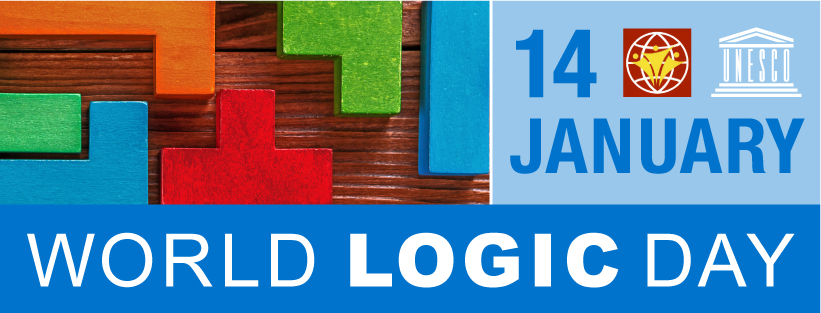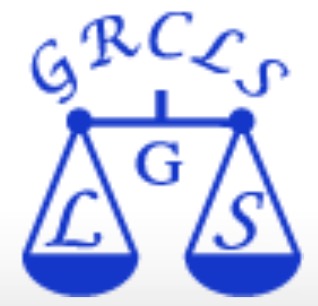

Workshop on the occasion of the UNESCO World Logic Day
CLICK HERE for the Workshop Page in Japanese
Hybrid (Japanese is the official language used in the Workshop)
Date: Jan. 14th, 2023, 13:00−17:30 (JST)
Venue: G-Lab, 6F, East Building, Mita Campus, Keio University
Free registration link: [Here]
URL: https://abelard.flet.keio.ac.jp/seminar/World_Logic_Day_2023
Contact information: [email protected]
Program
13:00−
Takuro Onishi (Kyoto University)
“Carving up new concepts: A joy of Non-Classical Logic”
Sakiko Yamasaki (Kanazawa University, JSPS)
“An elucidation of foundational problems in philosophy of information――via information flow and levels of abstraction”
Masanobu Toyooka(*)& Katsuhiko Sano (Hokkaido University)
“A collapsing problem of combining intuitionistic and classical logic and a way of avoiding the problem in sequent calculus”
(*)Speaker
15:00-
- Koji Mineshima & Mitsuhiro Okada (Keio University) & Yuichiro Hosokawa (Gunma Prefectural Women's University)
“Disagreement in logic and reasoning" Project Report - Ryosuke Igarashi (Kyoto University)
“Logical disagreement in past and present” - Onyu Mikami (Tokyo Metropolitan University)
“Recapturing the concept of truth in language activities” - Takayuki Amamoto (Keio University)
“Towards Dynamic Semantics of Argumentation Structures in Natural Language” - Yuri Sato (The University of Tokyo)
“Computation of meaning and image captions: logic and negation”
16:00-
Yuko Murakami (Rikkyo University)
“A proposal toward integrated education of logic and data science”
- Ryosuke Igarashi (Kyoto University)
- Onyu Mikami (Tokyo Metropolitan University)
- Koji Mineshima (Keio University)
- Mitsuhiro Okada (Keio University) (in collaboration with the IUHPST Committee of SCJ)
- Global Research Center for Logic and Sensitivity, Keio University
- Center for Applied Philosophy and Ethics (CAPE), Graduate School of Letters, Kyoto University
- Okamoto Philosophy Laboratory, Tokyo Metropolitan University